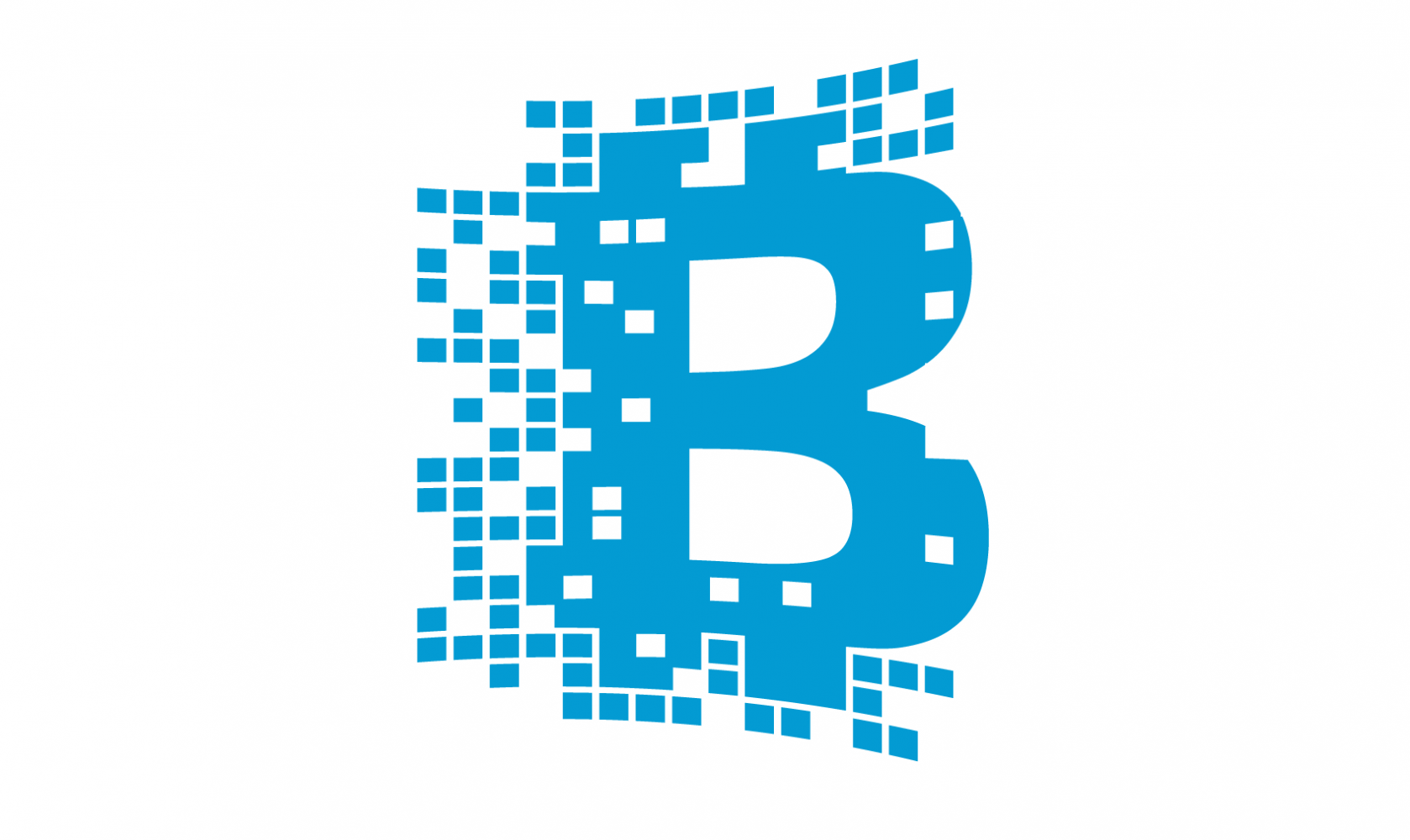

Financial disruption on the way after new research from IBM revealed the growing momentum behind the blockchain technology.
The two studies revealed that commercial blockchain solutions are rapidly being adopted throughout the banking and financial markets.
IBM conducted two surveys to gauge the uptake of Blockchain, one of which surveyed 200 global banks, and the second 200 global financial institutions.
Fifteen percent of banks and 14 percent of financial market institutions apparently intend to implement commercial blockchain systems next year. And it seems that mass adoption will not be far behind that, as the survey revealed that approximately 65 percent of banks expect to have blockchain solutions in production in the next three years.
For example earlier this week Bank of America agreed to collaborate with Microsoft on blockchain technology to “fuel the transformation of trade finance transacting”.
Blockchain is also being evaluated by the NASDAQ stock exchange to see if it could be used in trading of shares in private companies.
“There are many advantages to being an early adopter of blockchain technology,” said Likhit Wagle, Global Industry General Manager, IBM Banking and Financial Markets. “To start, first movers are setting business standards and creating new models that will be used by future adopters of blockchain technology. We’re also finding that these early adopters are better able to anticipate disruption, fighting off new competitors along the way.”
The organisations that have already adopted blockchain expect it to impact their business in a number of areas. This includes reference data (83 percent), retail payments (80 percent) and consumer lending (79 percent).
Banks were also asked which blockchain-based new business models they think could emerge, 80 percent identified trade finance, corporate lending and reference data as having the greatest potential.
But there are a number of hurdles in the way before we see the widespread adoption of the technology. These include regulatory constraints (56 percent), immature technology (54 percent) and lack of clear return on investment (52 percent).
IBM of course is a big backer of blockchain. In July for example it IBM launched a cloud service geared towards organisations wishing to test and run their blockchain projects in secure production environments.
Prior to that in December Big Blue joined forces with the Linux Foundation in a new Blockchain consortium to help develop an enterprise grade ledger framework.
Blockchain has already received a major show of support from the UK Government earlier this year after Cabinet Office Minister Matthew Hancock confirmed it was looking at how the technology could be used to manage and keep track of the distribution of public money, such as grants and student loans.
Meanwhile IT services giant Accenture recently courted controversy with the creation a Blockchain editing tool, a development that potentially undermines the central philosophy of this technology. That said, Accenture argues that a Blockchain editing tool is vital for the financial services sector and would only be used in “exceptional circumstances.”
Are you a mobile payments aficionado? Take our quiz!
American space agency prepares for testing of Boeing's Starliner, to ensure it has two space…
As UK and Europe develop closer military ties, European Commission says it will invest €1.3…
Zuckerberg seeks to revive Facebook's original spirit, as Meta launches Facebook Friends tab, so users…
Notable development for Meta, after appeal against 2021 WhatsApp privacy fine is backed by advisor…
First sign of shake-up under new CEO Lip-Bu Tan? Three Intel board members confirm they…
Trump's nominee for SEC Chairman, Paul Atkins, has pledged a “rational, coherent, and principled approach”…